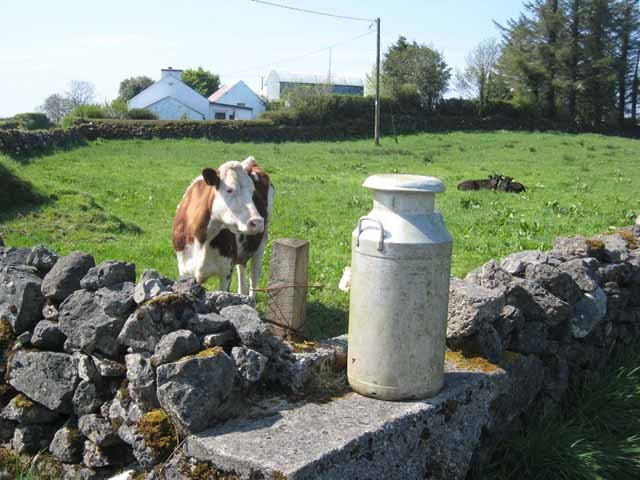What is milk, exactly? Australian farmers call for labelling crackdown
Australian dairy industry insists that plant-based 'milk' products are confusing consumers.

Dairy farmers in Australia are asking for a crackdown on the use of the word 'milk' in consumer products, saying that makers of plant-based milk products are confusing the public.
Dairy Connect, a lobby group for New South Wales dairy farmers, is insisting that the word 'milk' is defined by industry body Food Standards Australia and New Zealand as 'the mammary secretion of milking animals', and that the use of the term on plant-based products is misleading consumers.
"We're not trying to constrict a product. It's about appropriate labelling so that whether it's milked from a mammal or a product from a plant, people can make an informed decision," the group's Chief Executive, Shaughn Morgan, said.
"There are other titles they can use, and in some instances, they can call it water, juice or another name," he said.
Dairy farmers recently raised the issue at a Senate inquiry hearing into the dairy industry. Dairy Australia says plant-based milks have some impact on dairy milk sales, but notes that these alternative products also compete with each other.
Dairy milk sales in Australia grew by 13% in terms of volume over the past five years. Over the same period, plant-based milk sales rose by about 30%.
Australian Buffalo Industry Council's president Mitch Humphries said the council was also frustrated by the misuse of the word.
"You can't use corn syrup and call it honey, and you don't expect margarine to be branded as butter - there would be an uproar if that started happening."
He added: "Concerns about milk substitutes hijacking milk's respected name seem to be gaining increasing discussion."
Non-dairy milk industry fights back
However, Pureharvest, which makes non-dairy milks, defends the use of the word, saying that the dictionary definition of milk refers to the juice of nuts and coconuts.
"[Using water and juice] would be misleading. The term 'milk', with the appropriate descriptor, is the correct and proper way to inform consumers what the product is," it said. "Why this fear from the dairy industry about words and terms that have been in use and understood by consumers for a long time?"
The Sydney Morning Herald noted that in the US a bipartisan group of 32 congressmen sent a letter to US Food and Drug Administration, asking it to investigate and take action against the makers of 'fake milk' that does not come from cows.
The congressmen claimed the use of the word 'milk' on soy, almond and other types of plant-based products is misleading, deceptive and harmful to the dairy industry.
© Copyright IBTimes 2025. All rights reserved.




















